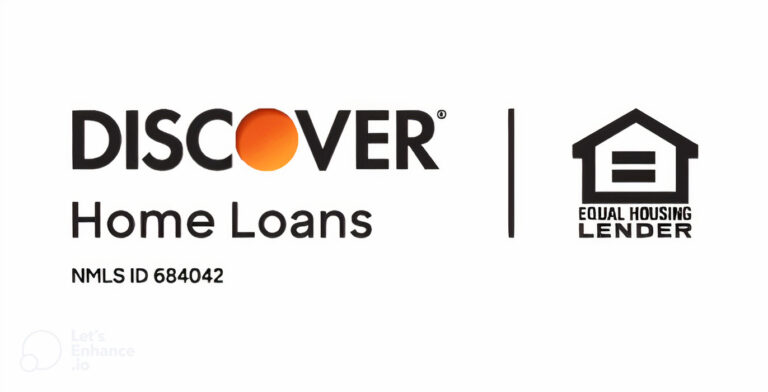Sponsored Content: Refinancing your mortgage can mean many things for an individual homeowner or their family, whether that translates to lower monthly payments, a shorter repayment term, or locking in a great interest rate. However, despite the advantages of a mortgage refinance, there can also be associated costs. Here’s how to estimate the costs you might encounter during a refinance.
Refinancing a mortgage means replacing your current mortgage with a new loan, typically through a new lender. There are several common reasons to refinance. For example, you can tap into home equity through a cash out refinance, or you might want to change your repayment term.
In some cases, mortgage refinance rates from Discover® Home Loans or a different home lender could help reduce your monthly payments.
Beginning the refinance process and checking available rates is usually as easy as filling out a form online. Banks will assess your risk by looking at your credit score, credit history and employment, and will almost definitely need a new appraisal on your home to prove its market value.
Whether you choose to pursue a regular refinance or a cash out refinance, your existing equity will be an important factor. A cash out refinance will allow you to draw cash from the equity you’ve built in your house, while a traditional mortgage refinance after you’ve built equity will typically mean lower monthly payments.
Most banks and lenders will have a debt-to-value limit of up to 80% of the total equity of your home, while a cash out refinance through Discover will allow you to refinance and access cash up to 89.99% of your total home value.
Many providers may charge closing costs like your original mortgage including origination fees, appraisal fees, various title fees and potentially early repayment fees from your original lender. However, there are also lenders who won’t charge you a penny for refinance closing costs.
The main benefit of refinancing is to make the most of low mortgage rates—meaning that if you’re paying unfavorable mortgage rates now, you may get a better deal by refinancing to lower monthly payments.
And when you refinance to a fixed-rate mortgage, you can rest assured that once you and your lender close on a refinance, you’ll have the same monthly payment for the remainder of your mortgage.

Discover Home Loans provides home equity loans and mortgage refinance options with a range of benefits for qualified homeowners. Find options that fit within your budget at discover.com/home-loans. © 2023 Discover Bank, Member FDIC | NMLS ID 684042